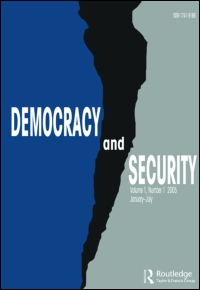 On June 10, Psycho-Oncology, a journal that publishes research on the “psychological, social, behavioral, and ethical” side of cancer, received a complaint.
On June 10, Psycho-Oncology, a journal that publishes research on the “psychological, social, behavioral, and ethical” side of cancer, received a complaint.
In a letter, Ad Kaptein, a researcher at the Leiden University Medical Centre, in the Netherlands, wrote to say that a review and meta-analysis published by the journal that month hadn’t adequately cited the relevant literature in the field, including seven studies co-authored by Kaptein himself. The authors of the original paper say they had considered citing Kaptein’s work but decided against it, for various reasons.
The journal considered Kaptein’s complaint valid enough to publish his letter. But the letter carries the title “Expression of concern” — a term usually reserved for editorial notices issued by the journal to warn readers about some aspects of an article. But in this case, the author supplied the term, not the journal — yet the letter is tagged as an Expression of Concern on PubMed, giving the impression the paper has received a formal editorial notice.
Journal Co-Editor Maggie Watson told Retraction Watch:




 A volunteer researcher at Florida Atlantic University fabricated the results of mouse experiments over a 14-day period in June, 2016, according to a
A volunteer researcher at Florida Atlantic University fabricated the results of mouse experiments over a 14-day period in June, 2016, according to a  This week, the New England Journal of Medicine issued a type of editor’s note we’ve never seen before, on a
This week, the New England Journal of Medicine issued a type of editor’s note we’ve never seen before, on a 